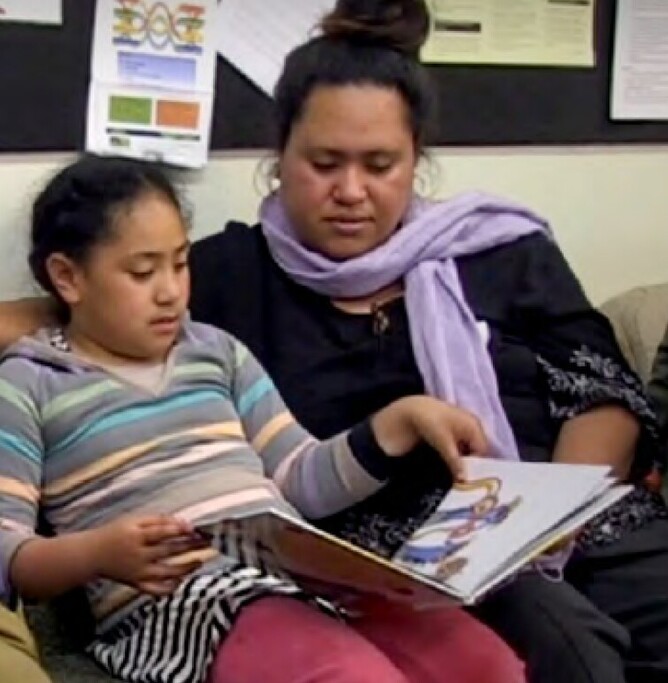Pragmatica was pleased to be asked to prepare a case study to show how an innovative reading programme has extended its reach in partnership with churches within the Samoan community.
The reading programme, Reading Together® Te Pānui Ngātahi, is a research-based and cost-effective workshop programme for parents, whānau and aiga to support their children's reading at home more effectively.
Originally, the Reading Together® programme design focused on delivery into school settings. In 2018, Te Tāhuhu o te Mātauranga | Ministry of Education sought other partners and extended delivery of the programme into different community settings. By 2020, churches of several denominations, marae, and other community settings, including prisons, offered Reading Together®.
One group that took up offering Reading Together® were Pacific churches. There was a natural alignment between Pacific churches and the Ministry's goals to raise Pacific people's educational achievement. Ekalesia Faapotopotoga Kerisiano Samoa (EFKS), a leading Samoan church, had both the interest and capacity (because of solid governance and administrative infrastructure) to partner with the Ministry to deliver Reading Together®.
In 2020, EFKS was the biggest single provider of the programme (other than schools) in Aotearoa, New Zealand. EFKS delivered the programme through 40 churches throughout the country. The Ministry commissioned Pragmatica to develop a case that shows a Pacific church offering parents and families (‘aiga) support through running Reading Together®. The programme when provided by a church, helped parents and ‘aiga engage more effectively in reading with their children.
Pragmatica prepared a case study to show how EFKS offers a valuable addition to schools for programme delivery. EFKS offers a valuable addition to schools for programme delivery.
This case looks closely at EFKS work in delivering Reading Together® through EFKS churches and presents the benefits parents, ‘aiga, and children gained from Reading Together®. Through attending Reading Together® through their church, parents quickly learned ways to help their children read, creating a positive reading environment at home for their child. From the successes using Reading Together® ideas, parents reported positive changes in their family practice related to reading and learning more generally.
The case shows that EFKS delivered Reading Together® in a culturally suitable and inclusive way, lessened the barriers to participation, and supported high parent attendance. This case explores the need for a diverse pool of providers. Churches may have more success mobilising Pacific parents than schools in some situations. EFKS success in engaging parents, whānau and aiga in Pacific communities provides additional opportunities for parents to learn to support their children’s enjoyment, confidence, achievement through reading.
The case study and accompanying set of A3 infographics can be accessed here:



